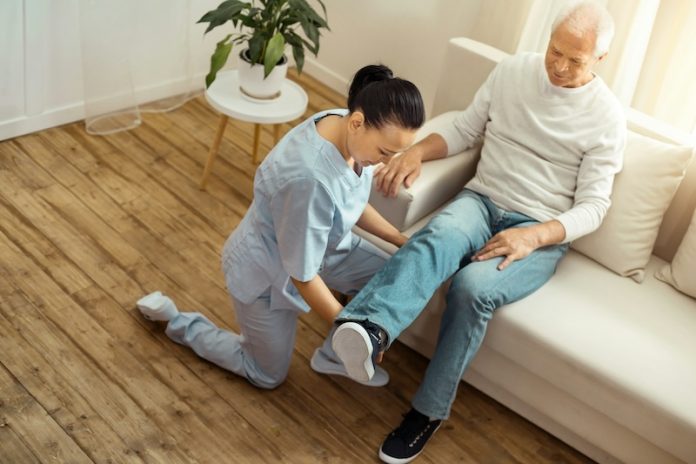
Engaging in physical activity after a stroke can significantly enhance recovery, according to a study by Swedish researchers.
The study, led by Dr. Dongni Buvarp from the University of Gothenburg’s Institute of Neuroscience and Physiology, found that patients who increased and maintained their exercise routines in the six months following a stroke showed better functional outcomes compared to those who did not.
The research highlights that any stroke survivor can benefit from increased physical activity, regardless of the severity of their stroke. Interestingly, the study also revealed that men and patients with normal cognitive abilities were more likely to keep up a regular exercise regimen.
Dr. Buvarp suggests that targeted interventions could help support those whose physical activity levels drop after a stroke, ultimately improving their recovery.
She recommends aiming for at least four hours of light exercise per week. Activities such as walking, cycling, gardening, fishing, table tennis, or bowling are ideal for stroke patients.
Physical activity not only enhances overall brain and body function but also promotes brain plasticity, which is crucial for recovery at the cellular level.
Additionally, maintaining an active lifestyle can improve mobility and reduce the risks of falls, depression, and heart disease in stroke patients.
The study gathered data from nearly 1,400 men and women, with an average age of 72, who had suffered a stroke and were part of a Swedish drug trial between October 2014 and June 2019.
The results showed that 53% of the participants increased their physical activity, while 47% decreased it. Those who increased their activity saw better improvements in their physical function over the six months following their stroke.
Dr. Rohan Arora, a neurologist at LIJ-Forest Hills Hospital in New York, supports these findings, explaining that exercise helps reprogram the brain.
When patients exercise, they send signals to the healthy parts of the brain to take over functions from the damaged areas. This process, known as brain reconfiguration, is essential for recovery.
Dr. Arora emphasizes the importance of incorporating various forms of exercise, such as using light weights, walking, or using exercise machines.
He notes that some patients may struggle to find motivation due to the adjustments required after a stroke. However, it is crucial for doctors to encourage and support their patients in staying active.
Exercise also triggers the release of feel-good chemicals in the brain, which can provide motivation and enhance recovery.
Beyond physical activity, stroke survivors should adopt other healthy lifestyle changes, such as not smoking, maintaining a healthy weight, and eating a nutritious diet, to further aid their recovery and reduce the risk of future strokes.
Long-term physical activity is vital not only for stroke recovery but also for preventing subsequent strokes or other cardiovascular events. The study underscores the importance of sustaining physical activity throughout life for overall health and well-being.
These findings were published online on May 1 in JAMA Network Open, offering new insights into the critical role of exercise in stroke recovery and the potential for targeted interventions to support patients in leading active, healthier lives.
If you care about stroke, please read studies that diets high in flavonoids could help reduce stroke risk, and MIND diet could slow down cognitive decline after stroke.
For more health information, please see recent studies about antioxidants that could help reduce the risk of dementia, and tea and coffee may help lower your risk of stroke, dementia.
The research findings can be found in JAMA Network Open.
Copyright © 2024 Knowridge Science Report. All rights reserved.



